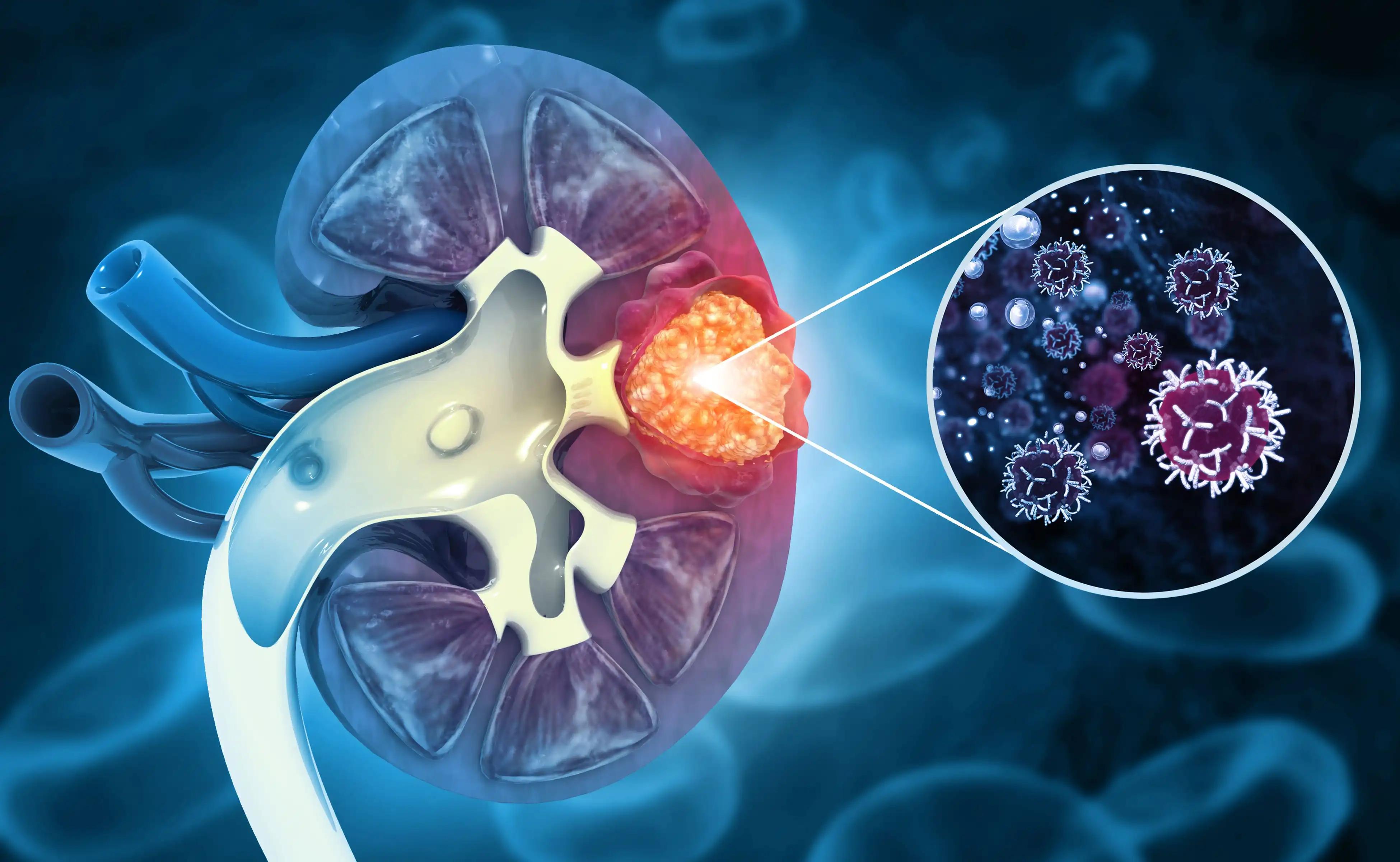KEY TAKEAWAYS
- The study aimed to investigate the role of cancer stem cells and SRGs in the carcinogenesis and metastasis of KIRP.
- Researchers noticed the potential of CBX2 to regulate ASPH via Notch signaling, implicating its association with KIRP carcinogenesis, progression, and poor prognosis.
Kidney renal papillary cell carcinoma (KIRP) is the second most common malignancy arising from renal epithelium, with cancer stem cells and stemness-related genes (SRGs) implicated in tumor development and metastasis across various cancers. Understanding the mechanisms of SRGs in KIRP is crucial for targeted therapies.
Yifan Liu and the team aimed to assess the regulatory roles of SRGs in KIRP progression and identify potential therapeutic targets for improved patient outcomes.
They performed an inclusive analysis by downloading RNA-seq profiles of 141 KIRP samples from the TCGA database. They calculated the mRNA expression-based stemness index (mRNAsi) and selected differentially expressed genes (DEGs) between low- and high-mRNAsi groups. Weighted gene correlation network analysis (WGCNA) and univariate Cox analysis were utilized to identify prognostic SRGs.
Subsequently, SRGs were subjected to multivariate Cox regression analysis to establish a prognostic model. Additionally, a regulatory network was constructed through Pearson correlation analysis, incorporating key genes, upstream transcription factors (TFs), and downstream signaling pathways. Finally, Connectivity map analysis was employed to identify potential inhibitors.
About 1124 genes were characterized as DEGs between low- and high-RNAsi groups. A prediction model was established based on 6 prognostic SRGs (CCKBR, GPR50, GDNF, SPOCK3, KC877982.1, and MYO15A), achieving an area under the curve of 0.861. Notably, the CBX2-ASPH-Notch signaling pathway exhibited a significant correlation among TFs, genes, and signaling pathways. Resveratrol emerged as a potential inhibitor for KIRP.
The study concluded that CBX2 potentially regulates ASPH via activation of the Notch signaling pathway, implicating its correlation with the carcinogenesis, development, and unfavorable prognosis of KIRP.
This work was sponsored by the National Natural Science Foundation of China, Leading health talents of Shanghai Municipal Health Commission; Shanghai Rising-Star Program; the Natural Science Foundation of Shanghai; Hospital Funded Clinical Research, Xinhua Hospital Affiliated to Shanghai Jiao Tong University School of Medicine.
Source: https://pubmed.ncbi.nlm.nih.gov/38702698/
Liu Y, Yao Y, Zhang Y, et al. (2024). “Identification of prognostic stemness-related genes in kidney renal papillary cell carcinoma. BMC Med Genomics.” 2024 May 3;17(1):121. doi: 10.1186/s12920-024-01870-2. PMID: 38702698.



